The NHL Goalie Report is back! Poised to be better than ever, this series will cover all that matters most throughout 2022-23. Expect these writeups to showcase league leaders, highlight-reel saves, backups battling for starts, spotlight-worthy debuts, questionable calls, all-star performances, injury updates, and everything in between.
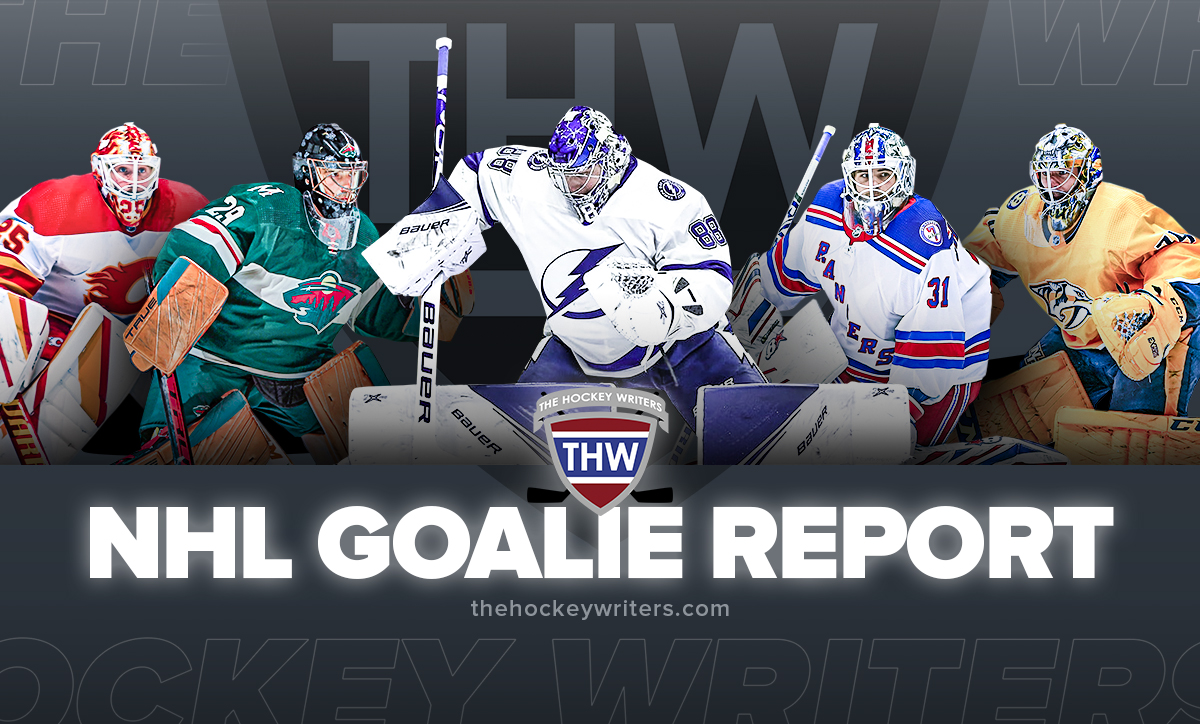
In anticipation of all the newsworthy netminder-centric stories you can look forward to this season, I’ll be publishing previews of the most pressing questions every franchise is facing heading into the year.
RELATED: Marc-Andre Fleury’s Case as a Hall of Famer
Up first, the Atlantic Divison.
Boston Bruins
Although the Boston Bruins were able to succeed throughout the 2021-22 regular season as though Tuuka Rask was still in his prime, that couldn’t have been further from their reality. Sidelined until January, Rask then attempted what ended up being a short-lived comeback. After only four more starts, he decided it was time to step away from the game.
“I figured that I could have kept pushing, but what’s the benefit for me playing at 60% and kind of taking time off, taking a week off here, taking two weeks off, kind of taking a spot away from (Jeremy Swayman). So I just figured it’s more beneficial for everybody to call it. I had a great career, and I have no regrets.”
Rather than seeing either Jeremy Swayman or Linus Ullmark demand the No. 1 role with Rask removed from the equation, each ended up getting into 41 games and accomplished fairly similar numbers individually across the board.
Most impressive, despite Rask’s metrics weighing down the team averages, was that Boston was still able to end the year with a goals-against average (GAA) of 2.50, save percentage (SV%) of .912, and four shoutouts.
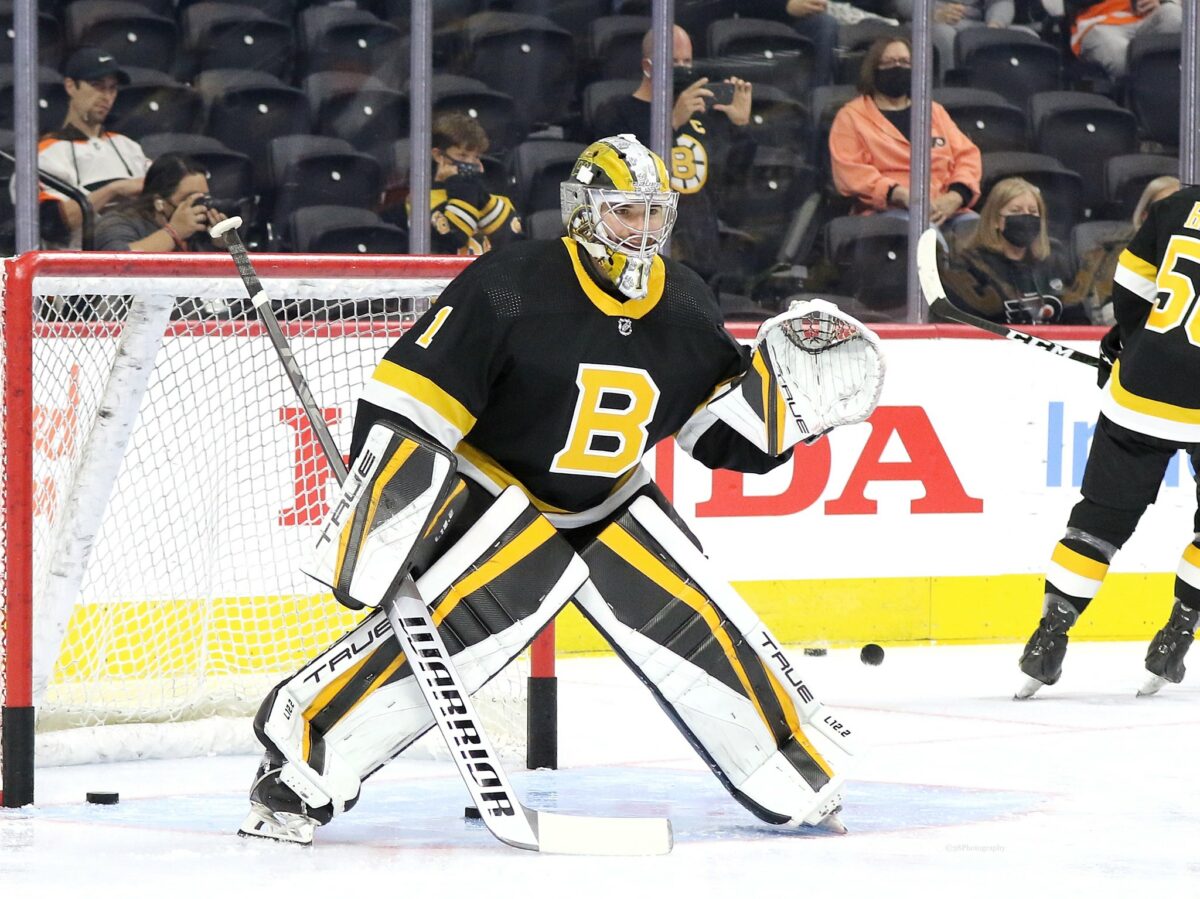
Ullmark’s experience certainly came in clutch, while Swayman’s impressive rookie campaign kept him in the conversation. The former is signed through 2024-25 and the latter is about to enter a contract year.
Will either find the motivation necessary to take control of the starter’s role or will Boston continue to deploy the 1A/1B approach in hopes that it garners the best out of both?
Buffalo Sabres
Despite 2021-22 being yet another disappointing campaign for the Buffalo Sabres, it wasn’t as bad as the season prior. Suggesting that the organization is headed in the right direction. Unfortunately, though, much is still left to be determined when it comes to their goaltending situation.
Buffalo saw six different netminders between their pipes last season, with Craig Anderson and Dustin Tokarski shouldering much of the workload. Anderson did earn a winning record of 17-12-2, but neither achieved overly impressive results in any other regard with both owning a SV% worse than .900 and a GAA greater than 3.00.
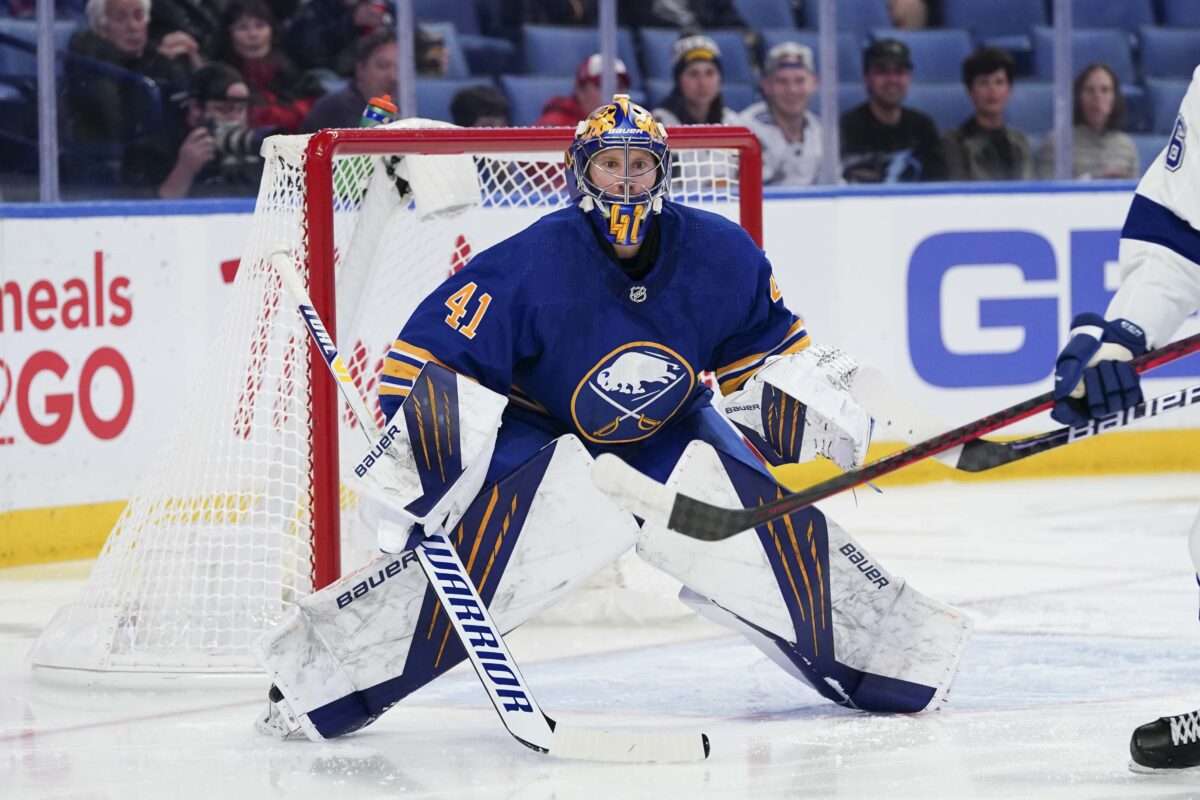
Anderson gets another shot at extending his already lengthy career through 2022-23 in Buffalo, but Tokarski is no longer his backup. Replacing him in the role is Eric Comrie, who achieved career bests across the board with the Winnipeg Jets in 2021-22.
Will the Sabres continue to rely on mediocre results from an athlete who’s now in his 40s or can the 27-year-old newcomer prove worthy enough to surpass his former single-season high of 19 games played?
Florida Panthers
Hard to argue with the Florida Panthers’ approach to managing their crease in 2021-22, after their tandem of Sergei Bobrovsky and Spencer Knight led the franchise to its first-ever Presidents’ Trophy.
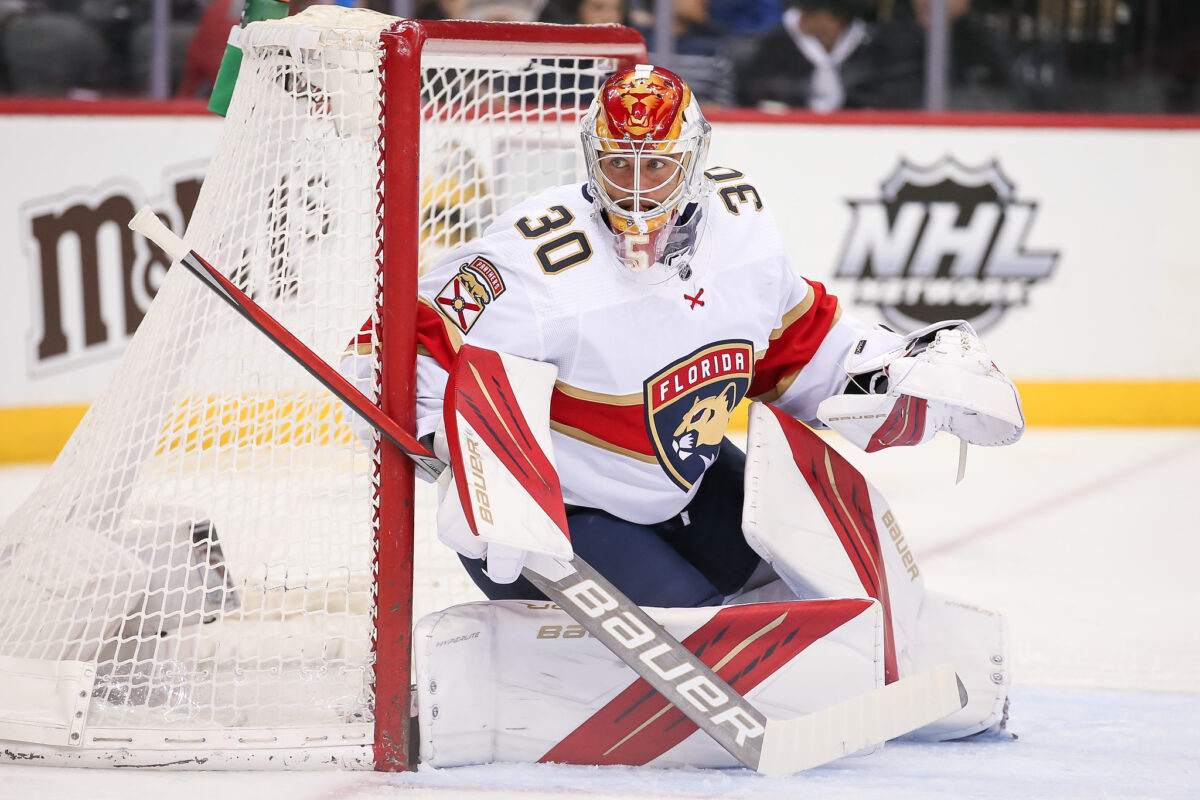
Unsurprisingly, both Bobrovsky and Knight can be quite proud of their individual contributions throughout the campaign. Both achieved a .908 SV% or higher and a 2.79 GAA or lower, with a combined record of 58-16-6 and five shutouts. Clearly, they make a pretty good pair.
However, the team’s regular season success didn’t translate in the same manner throughout the playoffs as Florida was forced out of contention in the Second Round.
Despite Bobrovsky owning the No. 1 title throughout the postseason, it’s not as though his play was the reason for Florida’s failure. Stopping 113 of 123 shots against, during a series in which his teammates were only able to muster up three goals total, certainly advocates for the fact that his job security shouldn’t be in question as a result.
With Florida’s result failing to align with how the franchise drew it up, will they look to their future sooner than later and allow their former first-round pick to steal the role from the $10 million veteran?
Detroit Red Wings
Safe to say, although the Detroit Red Wings won’t claim to be content with their 25th place finish in 2021-22, the progress they were able to enjoy should have brought at least some sense of satisfaction to their front office.
Detroit’s goaltending stats were lacklustre, but getting to witness Alex Nedeljkovic take control of their crease at least offered the franchise a silver lining to cling to. Stealing starts from Thomas Greiss, Nedeljkovic was the only Red Wing netminder with a SV% north of .900 in 2021-22.
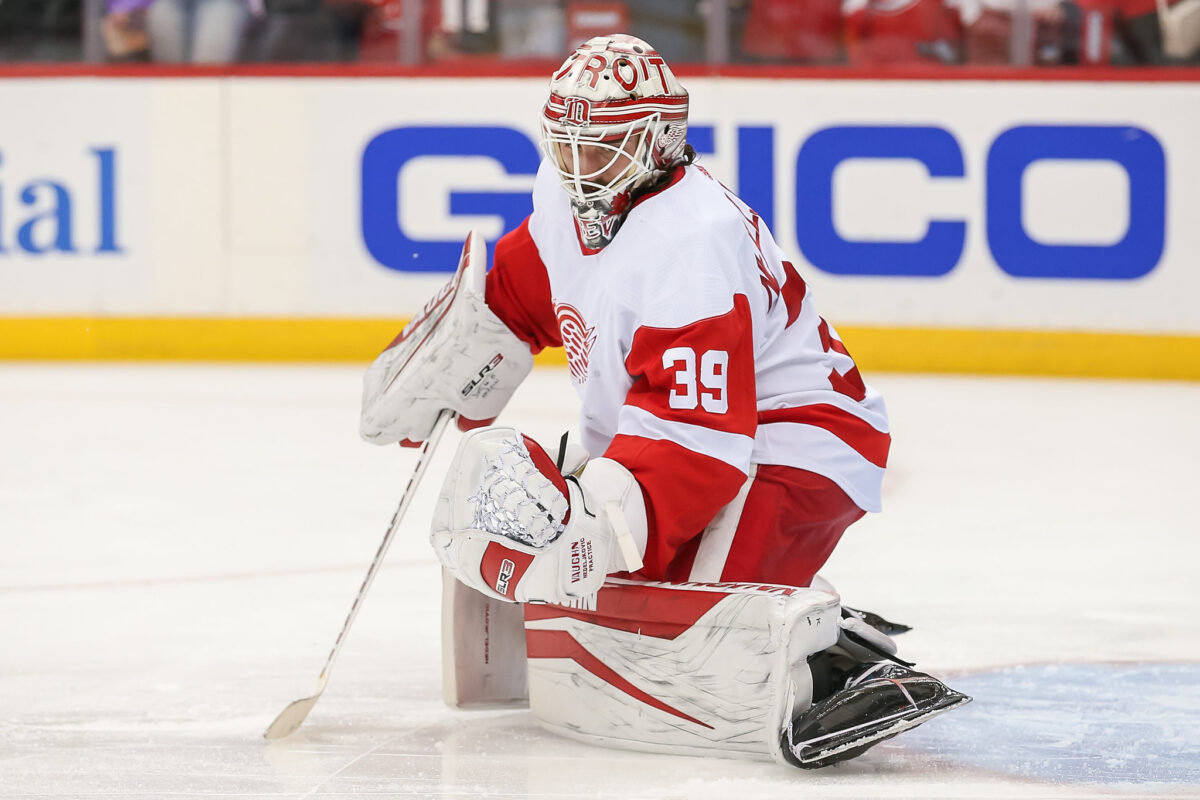
From what essentially turned into an unofficial swap of services, the St. Louis Blues traded Ville Husso to the Red Wings and signed Greiss in free agency after Detroit opted to let him walk.
Husso’s impressive 2021-22, in which he went 25-7-6 with a 2.56 GAA and .919 SV%, was enough to earn him a three-year deal in Detroit worth $4.75 million per. That currently pays him more than Nedeljkovic, whose term comes to a close at the conclusion of 2022-23.
Can the younger Nedeljkovic regain his Calder Trophy finalist form while Husso maintains the momentum recently gained, turning this pair into a pivotal aspect of Detroit’s plan through 2022-23 and beyond?
Montreal Canadiens
From a Stanley Cup Final appearance to dead-last in the league, it doesn’t take much digging to decipher one of the main reasons why the Montreal Canadiens regressed in such a manner through 2021-22. Not having Carey Price lead the way for most of the campaign didn’t do them any favours.
That said, a single absence can’t be the sole reason for Montreal’s inability to find any semblance of success last season. It was the responsibility of those who made up the roster, including Jake Allen and Sam Montembeault, to compile more than an NHL-worst 22 wins.
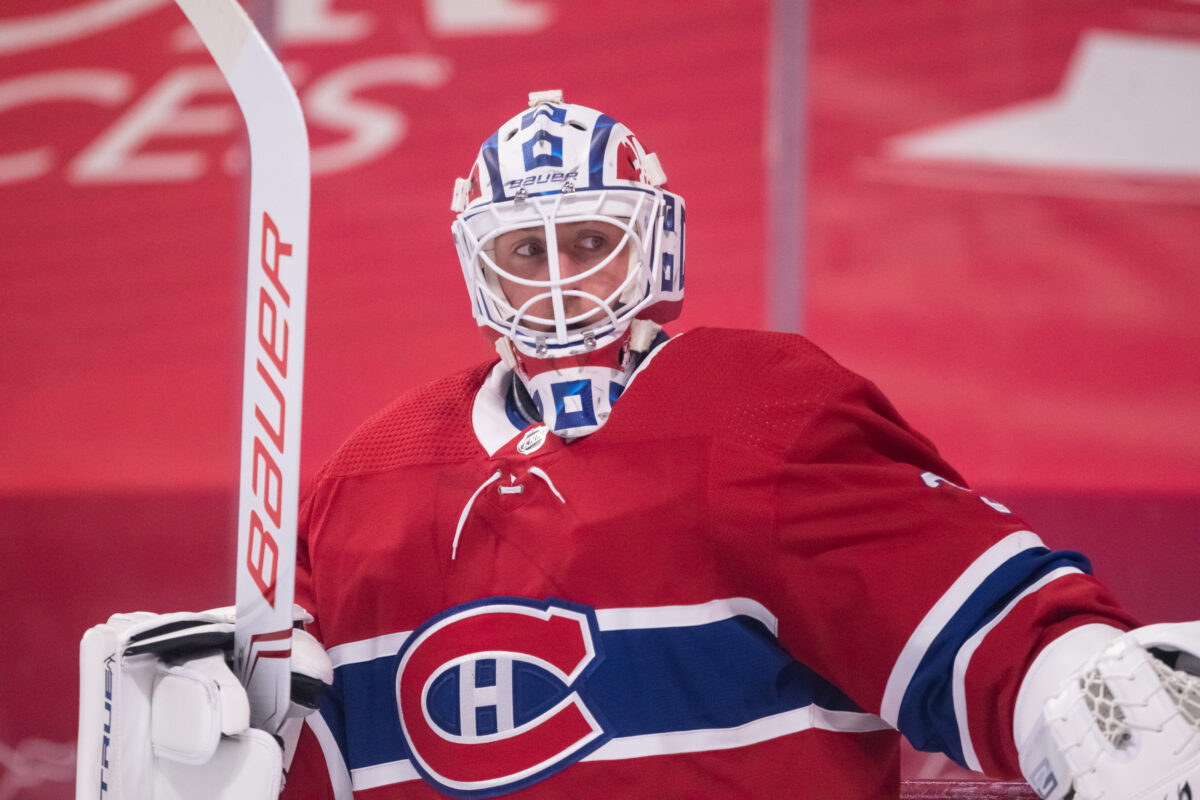
Although Montreal saw six different netminders play the part last season, it was Allen and Montembeault who saw the bulk of starts — as expected. Unfortunately, for all involved, Allen’s 3.30 GAA and Montembeault’s .891 SV% didn’t do much in the way of determining if either is best suited to manage the role moving forward.
With Montembeault and Allen both signed through 2022-23 in Montreal, and the questions surrounding Price’s future, will a familiar face own the Canadiens’ crease or can a call-up take over their No. 1 title?
Ottawa Senators
It’s easy to conclude that the Ottawa Senators’ strategy failed as a whole last season, based on where they placed. However, dissecting how their goaltending situation played out paints a drastically different picture.
Matt Murray’s stint in Ottawa was a disaster for the franchise. Despite having signed a four-year commitment, the former back-to-back Stanley Cup winner only managed to make it through two seasons as a Senator. A record of 5-12-2 through his final year there is all the evidence necessary.
Fortunately for Ottawa fans, between and beyond Murray’s lacklustre play, they at least had performances from Anton Forsberg to look forward to throughout the year.
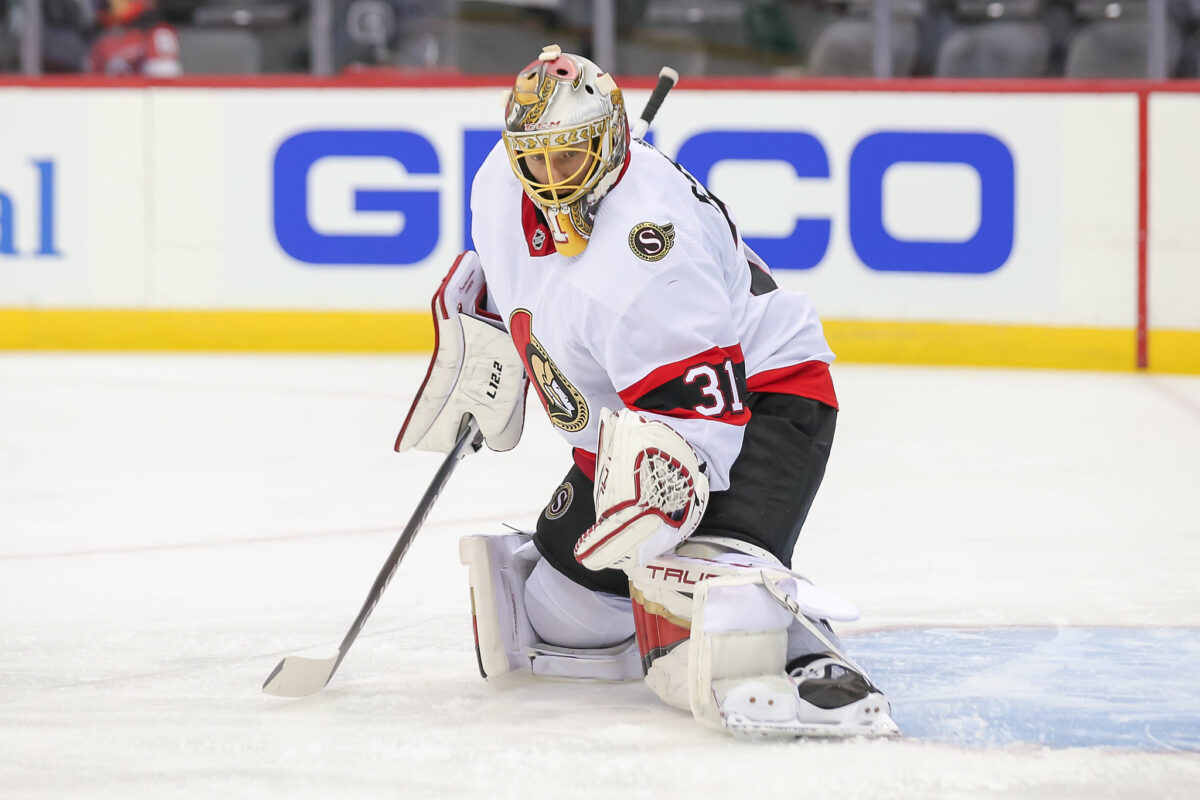
Despite being the oldest goaltender on Ottawa’s roster, Forsberg still found a way to outperform those with an age advantage — including Murray. He concluded the year with a winning record of 22-17-4, a 2.82 GAA, a .917 SV%, and one shutout.
In addition to prioritizing the 29-year-old, Ottawa acquired veteran Cam Talbot for a one-year trial while also finding a way to ship Murray out of town this past offseason.
With both Talbot and Forsberg earning bounceback success of late, will Ottawa prove loyal to their best goalie from last season or risk that relationship for the reward that a more accomplished athlete should garner?
Tampa Bay Lightning
Although failing in the Stanley Cup Final is far from an ideal outcome, having just come off back-to-back championships likely makes it hurt a little less. Especially when the losing side is actively playing through their window to win. The Tampa Bay Lightning’s game plan starts with Andrei Vasilevskiy, who happens to be signed through 2027-28.
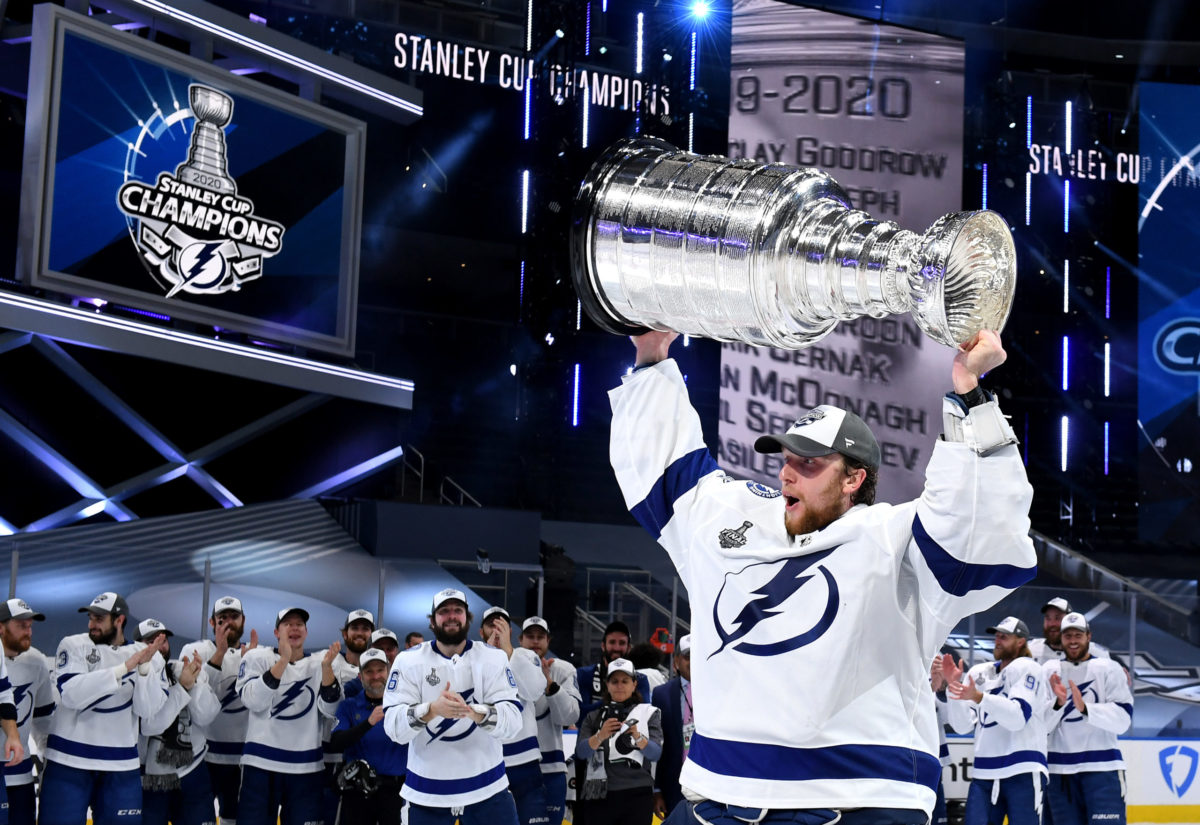
Unlike the dominance that Vasilevskiy has proven capable of all on his own, others who surround him see their numbers benefit in deceiving fashion from being part of such a talented team. Such as any backup that’s played alongside the all-star of late, like Brian Elliot.
That’s not to say that Elliot hasn’t earned the accomplishments he’s compiled over his 15-year career, but seeing his steady decline turn the other way around in Tampa isn’t a fluke. From a 3.06 GAA and .889 SV% the season prior with the Philadelphia Flyers, the 37-year-old improved to a 2.43 GAA and .912 SV% with the Lightning in 2021-22.
Vasilevskiy, on the other hand, followed up his 2021 Conn Smyth Trophy with a .916 SV%, 2.49 GAA, and 39 victories in 2021-22. Knowing that Vasilevskiy will welcome as much playing time as the Lightning will permit, and given the consistency he maintains, there aren’t many questions that surround Tampa Bay’s goaltending heading into 2022-23. Except, perhaps, for one.
How many wins will it take Vasilevskiy in 2022-23, to lead the league for a sixth straight year in that respect?
Toronto Maple Leafs
Despite ranking second in offensive output throughout 2021-22, the number of goals against the Toronto Maple Leafs allowed is what foreshadowed their fate — another First Round exit. Clearly, Auston Matthews and Mitch Marner did their job far more effectively than Jack Campbell and Petr Mrázek were able to.
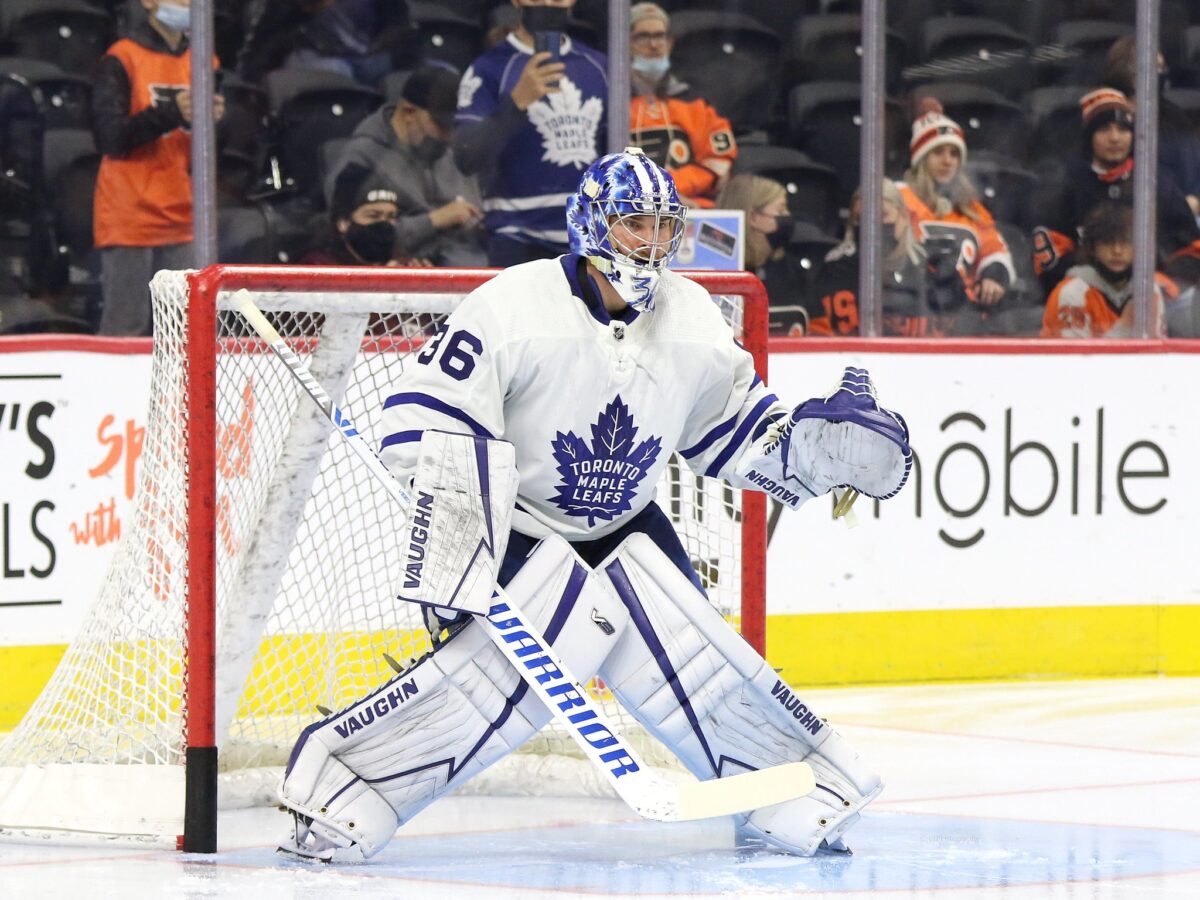
So much so that the Maple Leafs decided the only way forward was to completely change their look in net. Trading Mrázek and letting Campbell walk opened the door for acquiring Murray and signing Ilya Samsonov.
If one is judging either on their most recent resume points, it’s difficult to conclude that Toronto has improved. Murray earned a 3.05 GAA and .906 SV% in 2021-22 and Samsonov ended the year with a 3.02 GAA and .896 SV%. While Samsonov saw slightly better numbers this past postseason, Murry hasn’t been there since 2019-20.
However, a different perspective points to the fact that Murray is a two-time Stanley Cup champion and an NHL All-Rookie, whereas Samsonov just hasn’t been given enough laneway in North America to prove that his international accolades more accurately align with the Russian’s capabilities.
Murray (28) and Samsonov (25) create a younger tandem than Toronto’s previous pair. Perhaps the thought of additional peak playing time offered the Maple Leafs potential upside that overshadowed any recent struggles.
With Murray and Samsonov set to battle for the No. 1 role in Toronto, who will prevail to the point of giving the Maple Leafs the best chance at a Second Round appearance?
Which Tandem Will Own the Atlantic?
While some Atlantic Division clubs chose to maintain their look this offseason, others forced a facelift. All with the hope that the chosen route will lead that respective roster to greater success through 2022-23.
RELATED: Maple Leafs Will Benefit From Battle Between Murray & Samsonov
Regardless of how any of it appears on paper, though, what these teams are able to accomplish once the puck drops will trump any preseason planning. Which club will rank the best by the conclusion of this campaign?
